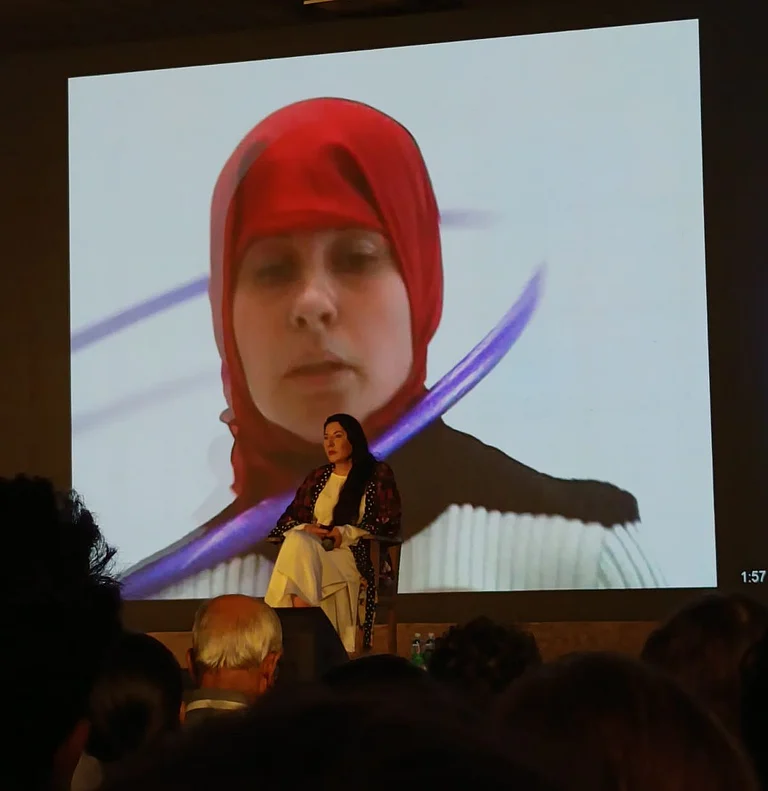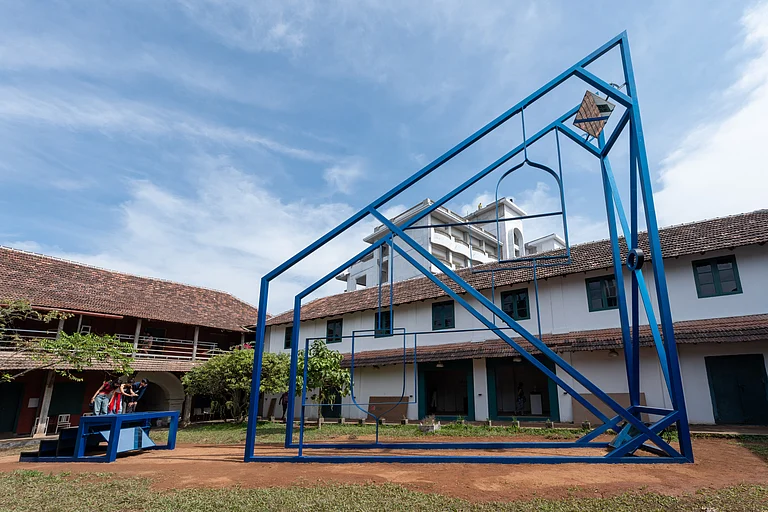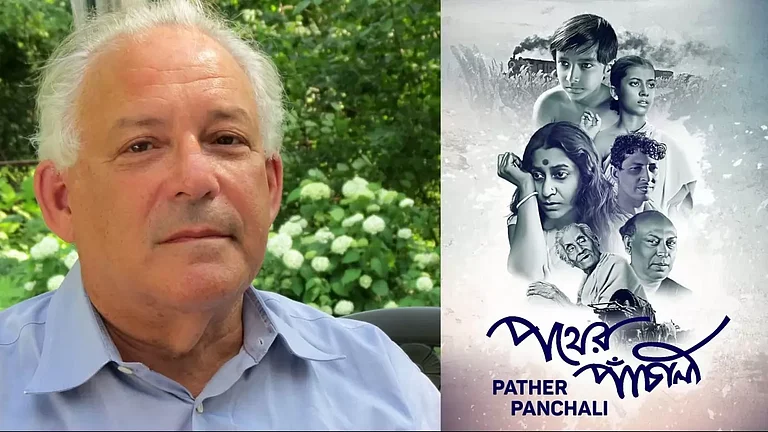The sixth edition of the Kochi-Muziris Biennale (KMB), South Asia's largest art exhibition, is set to take place from December 12, 2025 to March 31, 2026. Renowned artist Nikhil Chopra, along with his HH Art Spaces, will curate this edition of the Biennale. About 60 contemporary artists will be participating in the global art event, which showcases the work of both Indian and international artists.
Ending speculation about the Biennale’s schedule, Kerala Chief Minister Pinarayi Vijayan announced the next chapter of the KMB in Thiruvananthapuram on November 20, 2024. Originally planned for 2024, the Biennale was delayed due to financial constraints and a dispute over its central venue, the iconic Aspinwall House.
"We are thrilled to announce Nikhil Chopra and HH Art Spaces as the curators for the 2025 Kochi-Muziris Biennale," said Bose Krishnamachari, President of the Biennale. "Their profound dedication to the arts, combined with their visionary curatorial approach, will undoubtedly create a remarkable chapter. Nikhil’s unique insights, coupled with the dynamic energy of HH Art Spaces, promise to foster fresh dialogues and innovative perspectives on this global platform."
Nikhil Chopra: Exploring Identity, Memory and Cultural History
Biennale curator Nikhil Chopra’s work spans performance, painting, drawing, sculpture and photography. His durational performances explore themes of identity, memory and cultural history. He draws on both personal and collective narratives and his performances integrate everyday activities such as eating and dressing with large-scale artworks that sensitively engage with local contexts. His works have been part of several major exhibitions, including Documenta 14, the twelfth Sharjah Biennale, the twelfth Havana Biennale; the second Kochi-Muziris Biennale and the fifty-third Venice Biennale, among others.
HH Art Spaces, founded in 2014 by Chopra and artist Romain Loustau in Goa, is a platform for contemporary art and performance. It hosts artist residencies, exhibitions and workshops, building an archive of visual, sonic, installation and live art. It has collaborated with institutions such as the Tate Modern, London and the Kochi-Muziris Biennale, making significant contributions to South Asia's cultural landscape.
Kochi Muziris Biennale—Art and Controversies
The Kochi Biennale Foundation (KBF) was established in 2010 as a non-profit trust, with the inaugural Biennale taking place in 2012. The Biennale has seen its share of controversies. Early on, a group of local artists opposed the event, accusing it of "commercialising art for the global market". In April 2012, around 40 artists staged a protest by tying black badges around Durbar Hall at Fort Kochi, one of the Biennale venues, as a symbolic gesture to "protect art from the doom of the Biennale". They also criticised the government for allocating Rs 5 crore from public funds to the KBF, alleging that such funding was unwarranted given the existence of established public institutions like the Lalit Kala Akademi, which supports and promotes the arts. However, the protests quickly subsided. Some of the artists who initially opposed the Biennale even went on to participate in later editions.
The KMB’s fifth edition began with a wave of disputes. This edition, originally planned for 2020, was postponed due to the Covid pandemic and held in 2022. A group of artists sent an open letter of protest to the Biennale Foundation, with over 50 invited participants alleging financial mismanagement, delays in shipping, last-minute logistical changes, poor communication and inadequate lodging and sanitation facilities. These controversies and the additional challenges posed by the pandemic had sparked rumours that the Biennale might come to an end forever.
Conflicts Over the Venue
KMB’s venue, Aspinwall House, a historic 178-year-old building located along the backwaters, has been at the centre of a dispute. Built in the early 1800s, the property was named after John H. Aspinwall, a prominent trader who established Aspinwall & Co., one of the earliest enterprises on the Malabar coast. In 2022, the property was under the ownership of Delhi-based real estate developer DLF. Financial disputes arose between DLF and the Biennale Foundation.
"They suddenly asked us to remove all the artwork from the venue and threatened to lock the property," says Bonny Thomas, a KMB trustee. The Kerala government tried to resolve the issue and expressed interest in purchasing the property, but DLF eventually sold it to the Coast Guard. Although the Foundation later settled its Rs 1.5 crore dues with DLF, Aspinwall House will not be fully available for the sixth edition of the Biennale.
"Previously, 60% of the exhibitions took place at Aspinwall. This time, we will have access only to the portion owned by the Kerala Revenue Department. Several main buildings sold to the Coast Guard will not be available, which means the number of venues will increase," says Thomas.
Despite the challenges, Fort Kochi is abuzz with excitement for the upcoming edition of the Biennale. Known for its inclusivity, the event attracts massive participation from people everywhere. "Art is often seen as elite and exclusive, but the Kochi Biennale is celebrated by everyday people. Hundreds of individuals from all walks of life—teachers, daily-wage workers, students, traders—visit daily to experience artwork from around the world. This is truly something special," says a beaming Thomas.




























